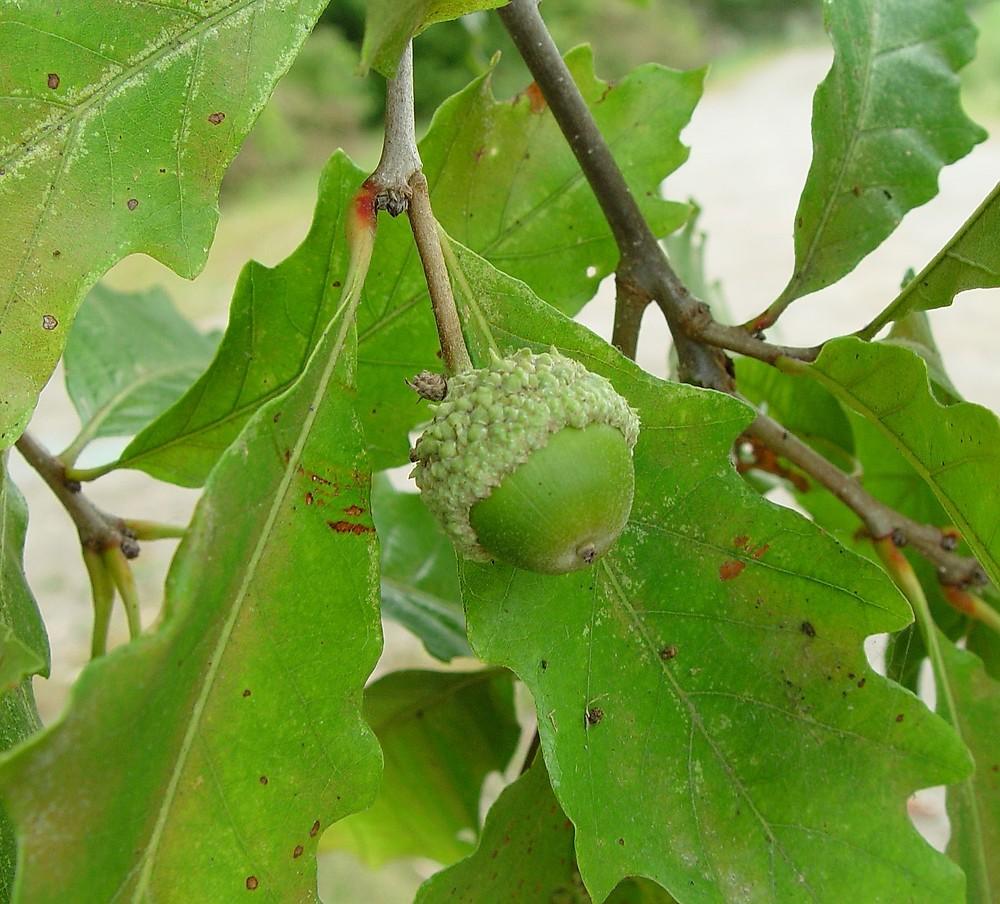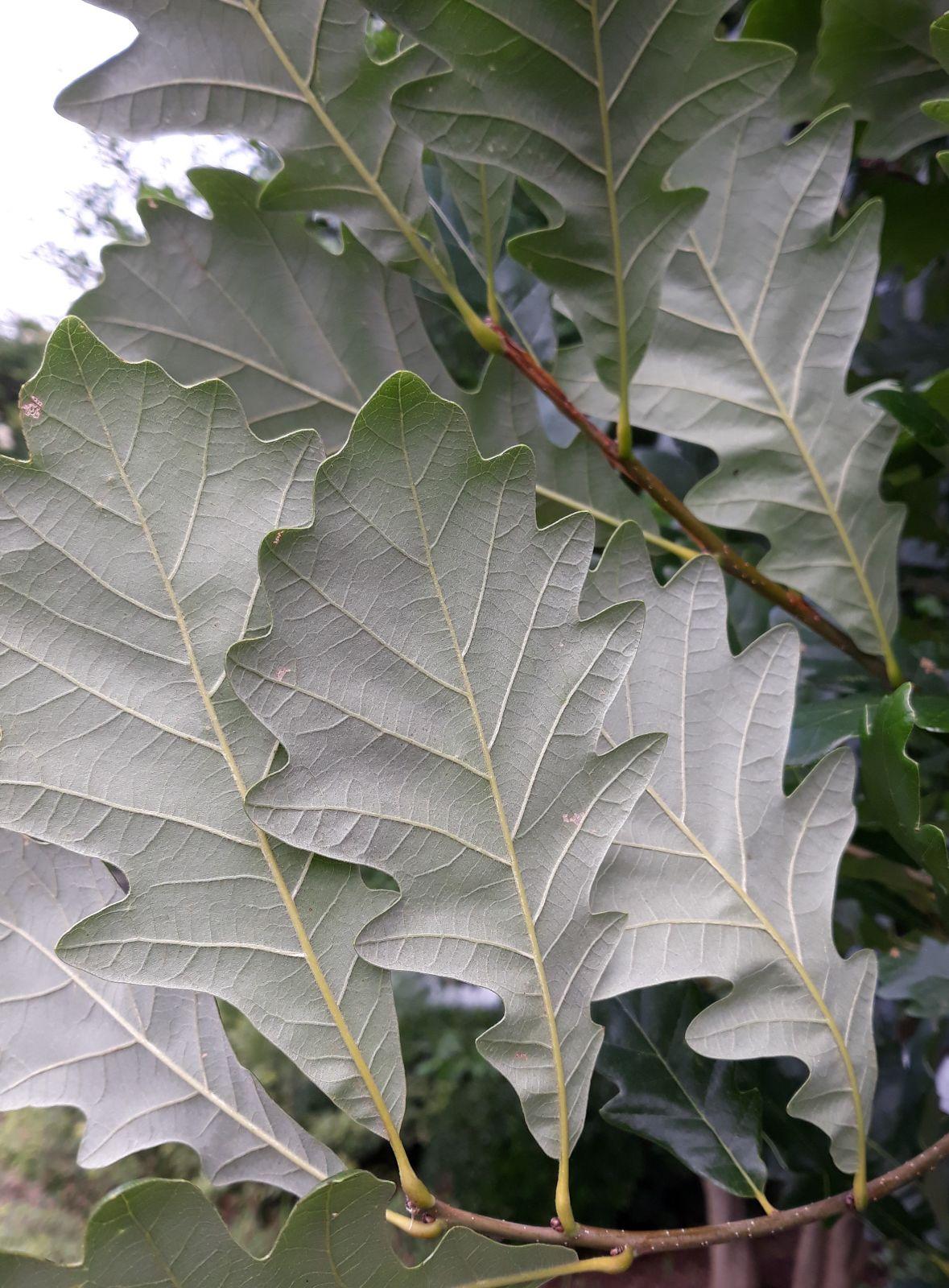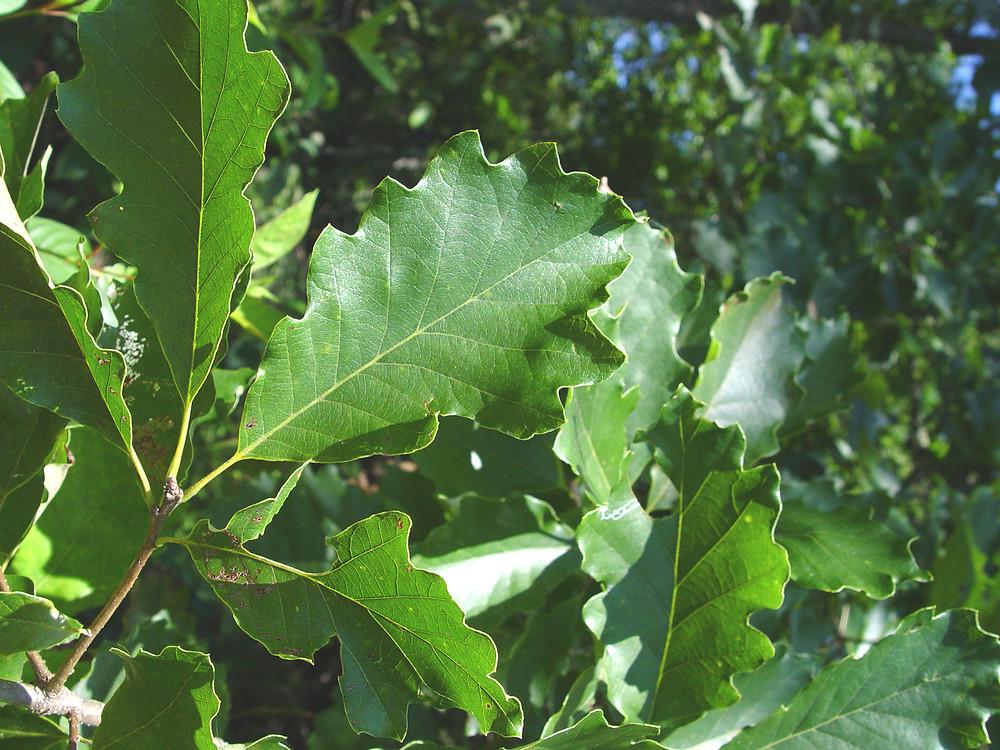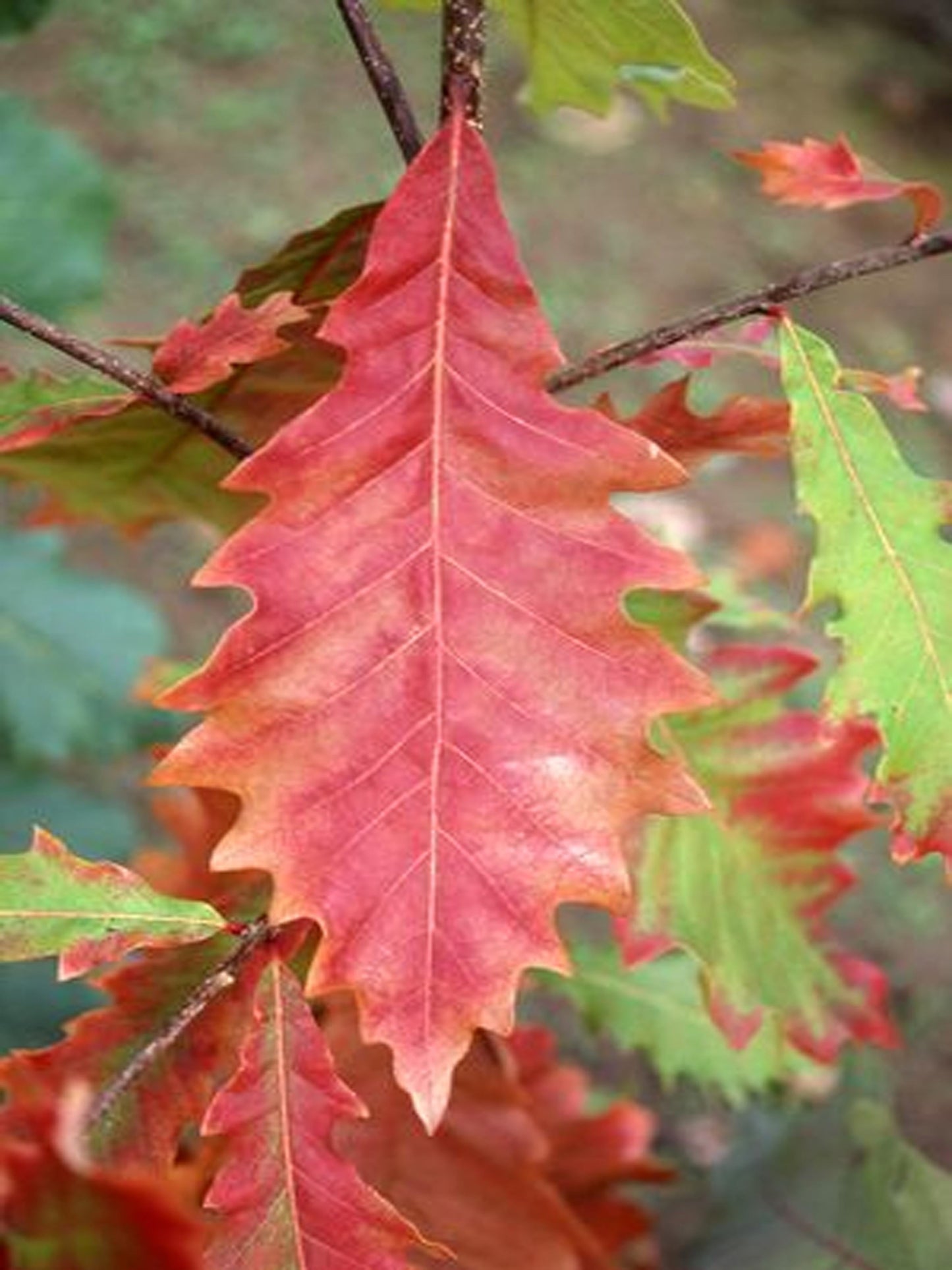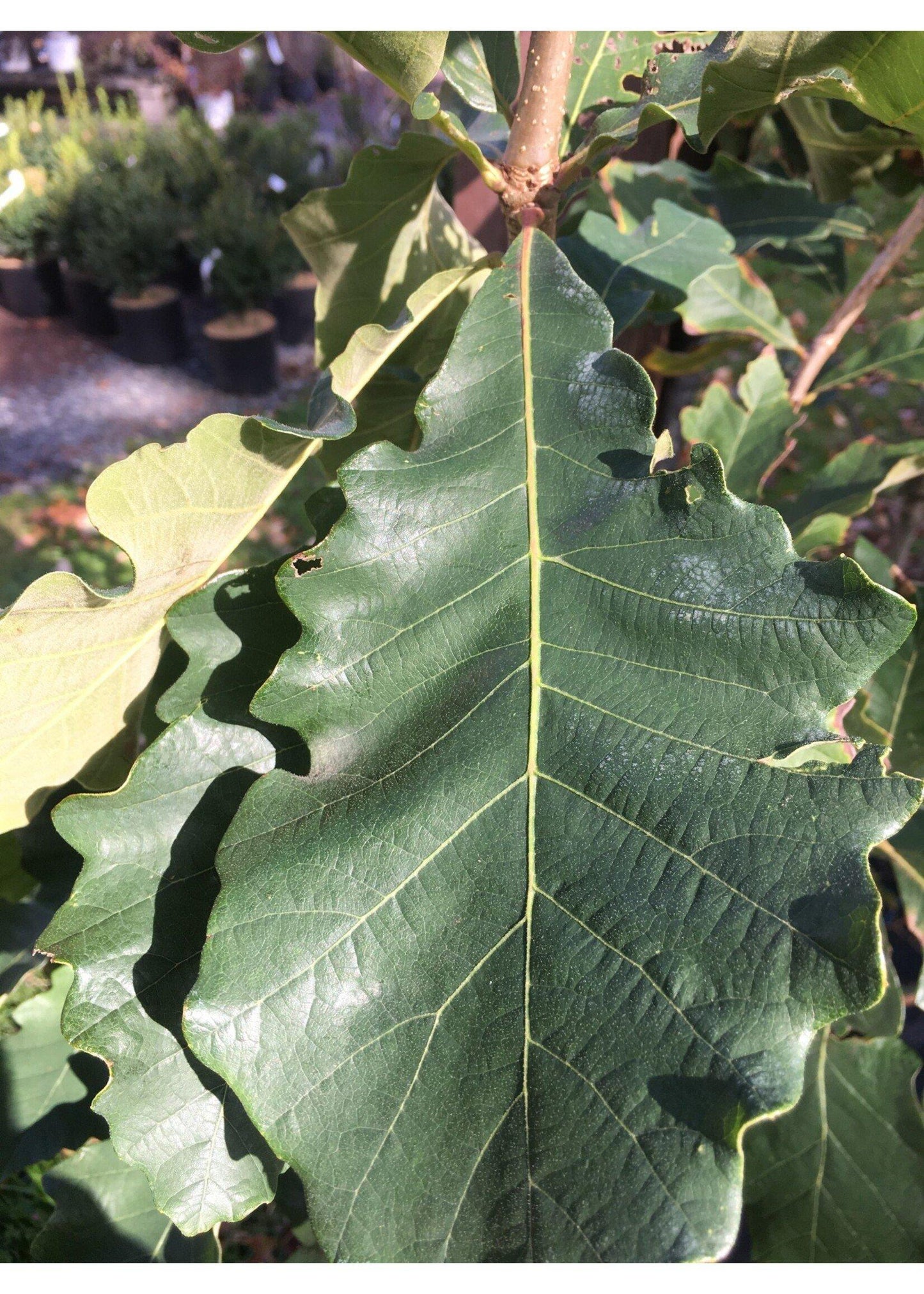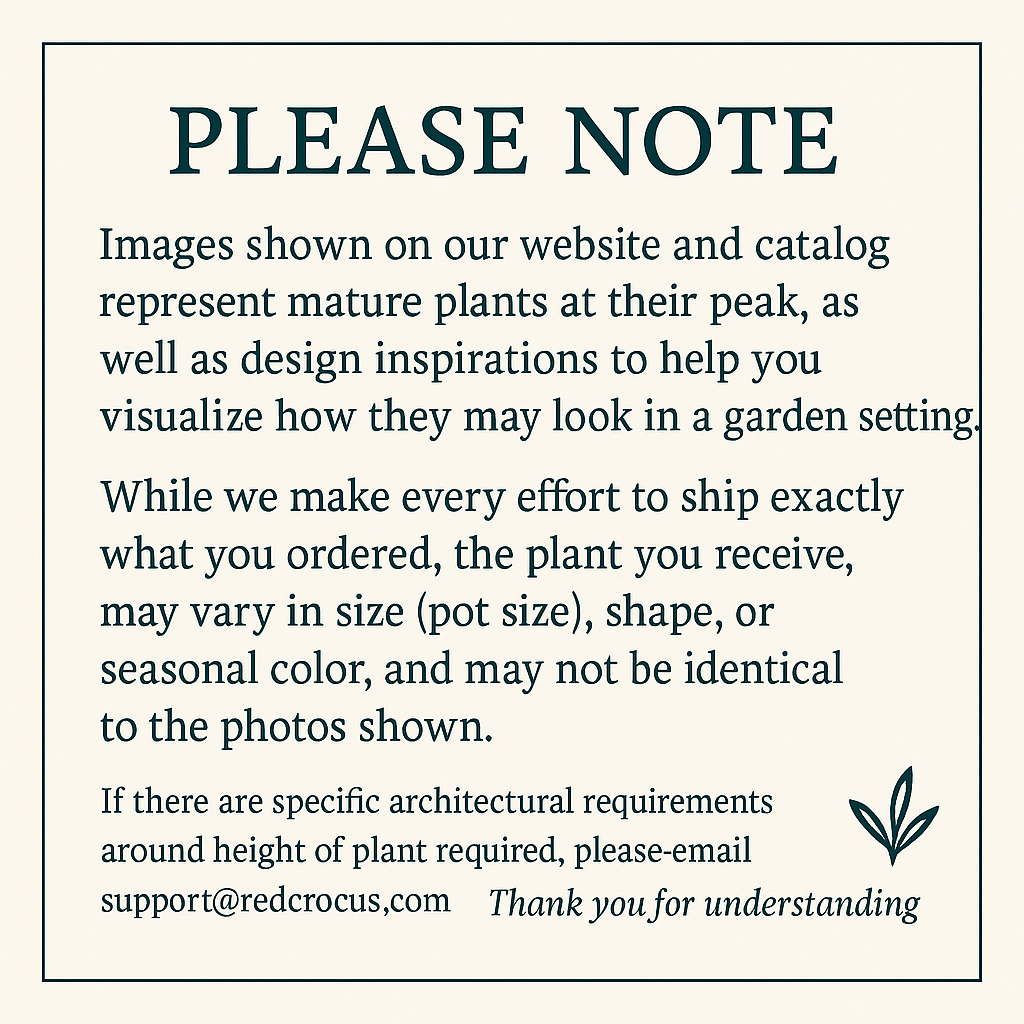1
/
of
21
Swamp White Oak–Quercus bicolor–Deciduous Shade Tree 3-3.5" cal B&B
Swamp White Oak–Quercus bicolor–Deciduous Shade Tree 3-3.5" cal B&B
Regular price
$2,456.00 USD
Regular price
$3,192.80 USD
Sale price
$2,456.00 USD
Unit price
/
per
Shipping calculated at checkout.
SKU:nts0145-redcrocus
Couldn't load pickup availability
Quercus bicolor
Description
The Quercus bicolor, commonly known as the Swamp White Oak, is a majestic deciduous tree native to North America. It is known for its adaptability to wet conditions and its striking two-toned leaves, which are dark green on top and silvery-white underneath. This tree is a valuable addition to landscapes for its shade and ecological benefits.
Suggested Uses
The Swamp White Oak is ideal for large landscapes, parks, and naturalized areas. It is excellent for providing shade and can be used in rain gardens or areas with poor drainage. Its acorns are a food source for wildlife, making it a great choice for wildlife gardens.
Plant Details
-
 Botanical Name: Quercus bicolor
Botanical Name: Quercus bicolor -
 Common Name: Swamp White Oak
Common Name: Swamp White Oak -
 Size & Growth: 50-70 feet tall, 40-60 feet wide
Size & Growth: 50-70 feet tall, 40-60 feet wide -
 Hardiness Zones: 3-8
Hardiness Zones: 3-8 -
 Foliage Type: Deciduous
Foliage Type: Deciduous -
 Bloom Time: Spring
Bloom Time: Spring -
 Growth Rate: Moderate
Growth Rate: Moderate -
 Light Requirements: Full sun to partial shade
Light Requirements: Full sun to partial shade -
 Attracts Pollinators: Yes
Attracts Pollinators: Yes -
 Indoor Friendly: No
Indoor Friendly: No -
 Container Friendly: No
Container Friendly: No -
 Deer Resistant: Yes
Deer Resistant: Yes -
 Pet Warning: Non-toxic
Pet Warning: Non-toxic -
 Fragrant: No
Fragrant: No -
 Cut Flower: No
Cut Flower: No -
 Grows Well With: Other native oaks, maples, and hickories
Grows Well With: Other native oaks, maples, and hickories
Care Tips
-
 Planting Instructions: Plant in spring or fall, ensuring ample space for growth.
Planting Instructions: Plant in spring or fall, ensuring ample space for growth. -
 Soil Moisture: Prefers moist, well-drained soil but tolerates wet conditions.
Soil Moisture: Prefers moist, well-drained soil but tolerates wet conditions. -
 Soil Type: Loamy, sandy, or clay soils.
Soil Type: Loamy, sandy, or clay soils. -
 Humidity: Tolerates a range of humidity levels.
Humidity: Tolerates a range of humidity levels. -
 Pruning Instructions: Prune in late winter to remove dead or damaged branches.
Pruning Instructions: Prune in late winter to remove dead or damaged branches. -
 Winter Care: No special care needed; hardy in its zones.
Winter Care: No special care needed; hardy in its zones. -
 Planting Depth: Plant at the same depth as in the nursery container.
Planting Depth: Plant at the same depth as in the nursery container. -
 Fertilization: Fertilize in early spring with a balanced fertilizer if needed.
Fertilization: Fertilize in early spring with a balanced fertilizer if needed. -
 Special Care: Monitor for pests such as borers and caterpillars.
Special Care: Monitor for pests such as borers and caterpillars.
Share
